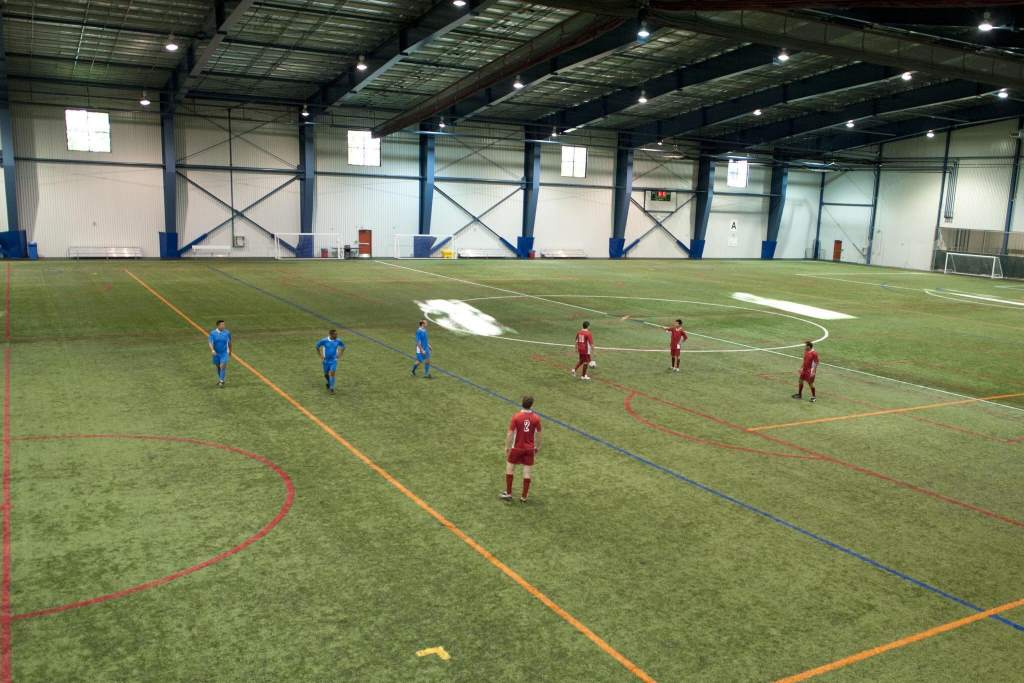In the realm of sports, achieving optimal performance isn’t solely reliant on training regimes and physical conditioning. Nutrition plays a pivotal role in fueling athletes’ bodies, aiding in recovery, and ultimately enhancing their overall performance.
From tailoring personalized nutrition plans to devising effective hydration strategies and implementing recovery techniques, these professionals are instrumental in helping athletes reach their full potential both on and off the field.
The Significance of Sports Nutrition Advisors
Sports nutrition advisors are experts who specialize in providing athletes with tailored dietary guidance to maximize their performance and achieve their goals. If you are looking for a sports nutrition advisor, you may navigate to carlaminutricionista.com.
Their role extends beyond simply recommending a balanced diet, they delve into the specific nutritional needs of each athlete, taking into account factors such as their sport, training intensity, body composition, and individual preferences.

1. Personalized Nutrition Plans
One of the primary responsibilities of sports nutrition advisors is to design personalized nutrition plans for athletes. These plans are meticulously crafted to meet the unique energy demands of each sport and the individual requirements of the athlete.
By analyzing the athlete’s nutritional intake, dietary preferences, and performance goals, advisors can tailor a plan that optimizes energy levels, enhances muscle recovery, and supports overall well-being.
Athletes have diverse nutritional needs based on factors such as their sport, training regimen, body composition, and personal preferences. Sports nutrition advisors carefully assess these factors to create customized nutrition plans that address the specific requirements of each athlete.
2. Key components of personalized nutrition plans include
- Assessing individual dietary needs: Sports nutrition advisors analyze factors such as energy expenditure, macronutrient requirements, and micronutrient intake to determine an athlete’s specific nutritional needs.
- Customizing meal plans: Based on the athlete’s dietary preferences, training schedule, and performance goals, advisors design meal plans that provide the right balance of carbohydrates, proteins, fats, vitamins, and minerals.
- Optimizing nutrient timing: The timing of meals and snacks is crucial for maximizing energy levels, promoting muscle recovery, and supporting overall performance. Advisors provide guidance on when and what to eat before, during, and after training sessions or competitions.
Hydration Strategies
Proper hydration is critical for maintaining performance and preventing dehydration, which can impair cognitive function, increase the risk of injury, and hinder recovery.
Sports nutrition advisors work closely with athletes to develop hydration strategies that promote optimal fluid balance before, during, and after exercise. Athletes lose fluids through sweat during physical activity, and it’s essential to replenish these losses to maintain hydration and performance.

1. Key elements of hydration strategies include
- Educating athletes: Sports nutrition advisors educate athletes about the importance of hydration and the signs of dehydration. By raising awareness, athletes are better equipped to monitor their fluid intake and recognize when they need to drink more.
- Customizing fluid intake guidelines: Every athlete has different fluid requirements based on factors such as body size, sweat rate, and environmental conditions. Sports nutrition advisors provide personalized fluid intake guidelines to help athletes stay properly hydrated during training and competition.
- Recommendation of electrolyte-rich beverages: In addition to water, athletes may need electrolyte-rich beverages or supplements to replace lost fluids and minerals during intense exercise. Sports nutrition advisors may recommend specific products or formulations based on the athlete’s needs and preferences.
Recovery Techniques
Effective recovery is essential for athletes to bounce back from intense workouts and competitions, reduce the risk of injury, and optimize performance in subsequent sessions.
After exercise, the body requires nutrients to repair damaged muscles, replenish energy stores, and facilitate recovery. Sports nutrition advisors guide post-workout nutrition strategies to promote optimal recovery and enhance performance.
1. Key components of recovery techniques include
- Post-exercise nutrition: Consuming the right nutrients after a workout is crucial for supporting muscle repair and glycogen replenishment. Sports nutrition advisors recommend post-workout meals or snacks that contain a combination of carbohydrates and protein to promote recovery.
- Timing and composition: The timing and composition of post-exercise meals or snacks can impact recovery outcomes. Sports nutrition advisors advise athletes on the optimal timing and composition of their post-workout nutrition to maximize recovery and performance.
- Other recovery strategies: In addition to nutrition, sports nutrition advisors may recommend other recovery strategies such as compression therapy, cold-water immersion, or sleep optimization to enhance recovery outcomes and promote overall well-being.
2. The Impact on Athletic Performance
The guidance and support provided by sports nutrition advisors can have a profound impact on athletic performance. By optimizing nutrition, hydration, and recovery, athletes can experience a range of benefits that contribute to their success on and off the field.
- Improved energy levels and endurance: Proper nutrition and hydration help athletes maintain energy levels and endurance during training and competition, allowing them to perform at their best.
- Enhanced muscle strength and recovery: Adequate nutrition and recovery strategies support muscle repair and growth, leading to improvements in strength, power, and recovery between workouts.
- Reduced risk of injury and illness: Optimal nutrition and hydration support immune function and reduce the risk of injury and illness, allowing athletes to stay healthy and continue training consistently.
- Better overall health and well-being: By prioritizing nutrition, hydration, and recovery, athletes can improve their overall health and well-being, both physically and mentally.

Conclusion
In conclusion, sports nutrition advisors play an indispensable role in optimizing athletic performance by providing personalized nutrition plans, hydration strategies, and recovery techniques.
Their expertise helps athletes fuel their bodies effectively, recover efficiently, and perform at their best. By recognizing the significance of sports nutrition and investing in the guidance of qualified professionals, athletes can unlock their full potential and achieve success both on and off the field.



